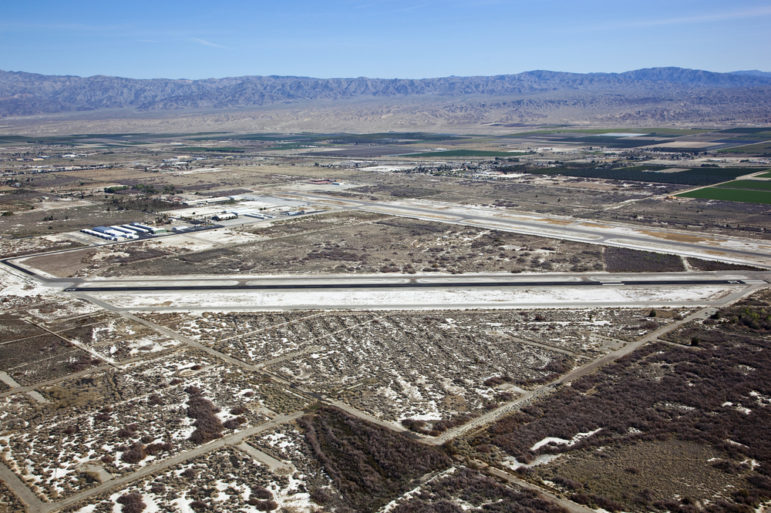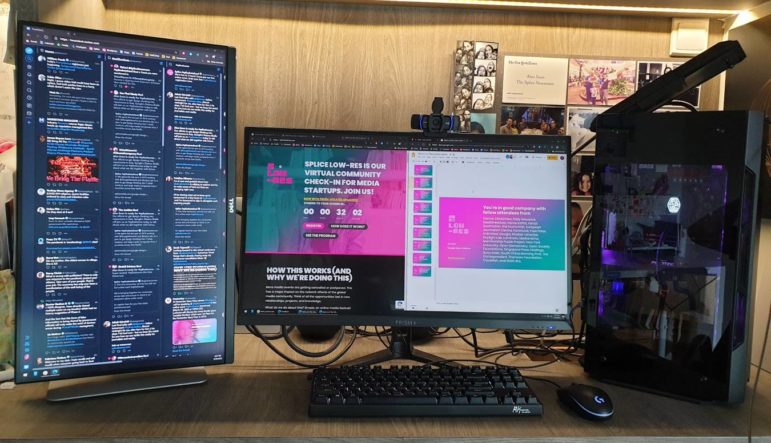

Should You Crowdsource Your Next Project? Check Out ProPublica’s Checklist
Crowdsourcing is a powerful tool for journalism. It can help fuel reporting, provide answers and engage community participation. It’s played a pivotal role in many ProPublica stories.
But it’s not right for every reporting project. We’ve put a lot of thought into what engagement does and doesn’t do. And we’ve also thought about how to do engagement journalism that’s meaningful, thoughtful, impactful, and ultimately useful to the community participating.
We thought this could be useful to journalists, communities, and participants outside of our newsroom, too. So we’ve decided to share.
Here are a few questions to ask yourself when approaching an engagement project:
The Reporting
• What are the reporting gaps? How will engagement fuel the final product?
• What is the investigative vein/purpose of the reporting? Will engagement feed it, or is the pitch just an interesting aspect of the story?
The People
• Who are the people you want to respond? Why are they the best community to involve?
• What does the community stand to gain from this? What are the reasons someone would participate?
• What are the reasons someone wouldn’t participate? How do you plan to assuage any concerns and hesitations?
• Who’s most affected? What language do they use to describe the problem? Are they angry? Where do they talk about it? How?
• Who are the most influential people in this community? Have you talked to them? What do they think of your idea?
The Methods
• What do you want people to tell you through engagement? Are you trying to crowdsource data, a collection of anecdotes, gather evidentiary materials, etc.?
• How involved do you want/need this community to be throughout the reporting?
• What is the best, most efficient form of communication with the group? How will you let participants know what you find?
• Is there some additional work/research you should do before involving the community to engage? What do you need to do to prove you’ve done your research?
• Who are you trying to hold accountable? Is it a company? A politician? A police department? What will you bring to them for a response? What form will it take? (For instance, a spreadsheet of examples? A list of names? A set of documents?)
• What are the concrete pieces of information you need to collect? What’s the easiest way for a participant to give these to you? Have you user-tested? What happened?
• How will you keep track of progress? Can you set a goal, such as a certain number of callout respondents or collecting a certain set of materials, etc.? Is there any way to do this publicly?
• If this project goes gangbusters and you get a huge response, how will you organize it? What do you need to put in place beforehand?
• Are there any security concerns that may alter the tools you use?
• How are you going to use or publish what participants submit? What permissions are they giving you? What is the best, clearest way to communicate your intentions?
This article was originally published on the ProPublica website and is reproduced here under its Creative Commons license.
Jess Ramirez is an engagement reporting fellow for the Scripps Howard Journalism Fellowship at ProPublica. She covers immigration, diaspora communities, and identity. Before joining ProPublica, she was a content producer and social media editor for Al Jazeera’s digital network, AJ+ and AJ+ Español.











